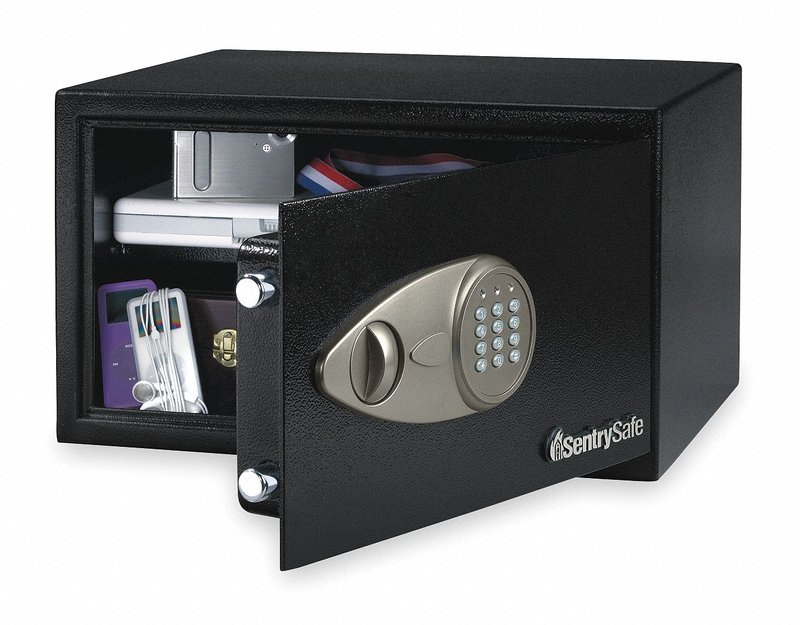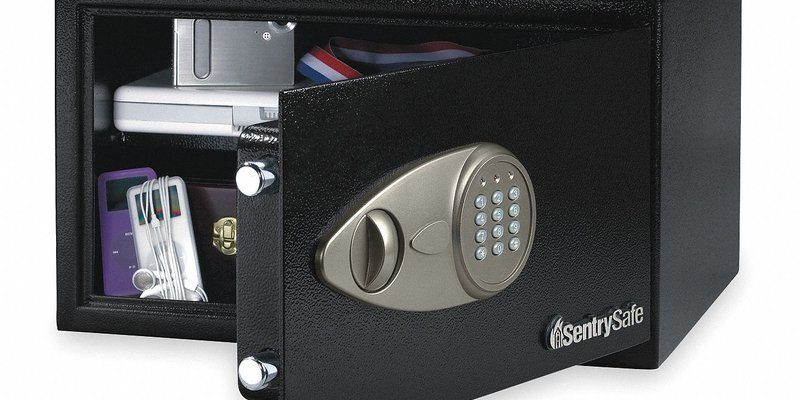
You might be wondering, “Is it safe to keep using my water heater with this error code?” That’s a great question, and one many homeowners find themselves asking. Understanding what the F2 code means and what to do about it can help keep your home safe and your water as warm as you like it. We’re here to break it all down and guide you through what needs to be done if you encounter this error.
Understanding Error Code F2
Error codes are like red flags for appliances. In the case of Bosch water heaters, the F2 error code typically signifies a problem with the heater’s temperature sensor. Think of the sensor as the thermostat of your water heater, ensuring everything runs at the right temperature. When it malfunctions, your water might be too hot, too cold, or not hot at all. That’s why you’re seeing that F2 warning.
Imagine if your car’s speedometer suddenly started reading inaccurately, you wouldn’t know how fast you’re going, right? Similarly, the temperature sensor helps regulate the heater’s functions. If it’s faulty, your water heater can’t operate efficiently, and this inconsistency could potentially lead to more significant issues or even safety hazards if not addressed. So, ignoring that pesky code isn’t the best idea.
The most common reason for this sensor problem is wear and tear. Over time, like many parts of any appliance, sensors can get worn out or dirty. It’s a bit like a pair of sneakers that have trekked too many miles—they need a little care to keep functioning properly. Regular maintenance can sometimes prevent these issues, but if you’re seeing the F2 code, it’s time to take action.
Immediate Steps to Take
First things first, if you see the F2 error, it’s a good idea to stop using your water heater until you can determine the exact cause. While it might be inconvenient, this precaution helps ensure there’s no risk of overheating, which could potentially damage the heater or pose a safety threat. Think of it like putting a pause on a movie to grab some popcorn; a minor inconvenience for a greater payoff.
The next step involves a bit of investigation. You can start by checking the heater’s manual to understand more about the error code and see if there are any quick troubleshooting tips. Often, the manual might suggest resetting the heater or performing a simple diagnostic. Like restarting your Wi-Fi router when it’s acting up, this can sometimes resolve minor glitches.
If these initial steps don’t solve the problem, it might be time to call in a professional. Just as you wouldn’t attempt major car repairs on your own if you’re not a mechanic, tackling complex water heater issues without the right expertise can do more harm than good. A qualified technician can assess the situation more thoroughly and carry out necessary repairs or replacements safely.
Preventative Measures and Maintenance
Regular maintenance is the key to keeping your Bosch water heater running smoothly, much like routine check-ups at the dentist keep your teeth in top shape. Scheduling periodic inspections can help spot potential problems before they evolve into major repairs. This includes cleaning out any sediment buildup, inspecting the sensor for wear, and ensuring all components are functioning as they should.
Incorporating these routine checks into your home maintenance schedule can improve your water heater’s lifespan and prevent unexpected breakdowns. It’s also wise to be mindful of any unusual noises or fluctuations in water temperature, as these can be early indicators of sensor problems and might save you from a surprise F2 code down the line.
Moreover, consider investing in a surge protector for your water heater. Power fluctuations can sometimes exacerbate issues with electronic components. Think of it as using sunscreen to prevent a sunburn—simple actions can prevent uncomfortable consequences.
Final Thoughts: Ensuring Safety and Longevity
So, is it safe to use a Bosch water heater with an F2 error code? The short answer is it’s not ideal. While your water might still heat, ignoring the error could lead to greater problems or safety risks. Like a persistent cough that just won’t quit, it’s best to address these issues sooner rather than later to avoid complications.
Taking proactive steps when encountering this error will not only safeguard your appliance but also ensure you have a steady supply of hot water without hiccups. Remember, when in doubt, it’s always best to consult with a professional who can provide expert advice and solutions tailored to your situation.
As you move forward, keep a close eye on your heater’s performance, schedule regular maintenance, and be proactive about addressing any anomalies. This way, you can enjoy all the comforts of a reliable hot water system without the worries of unexpected error codes.
